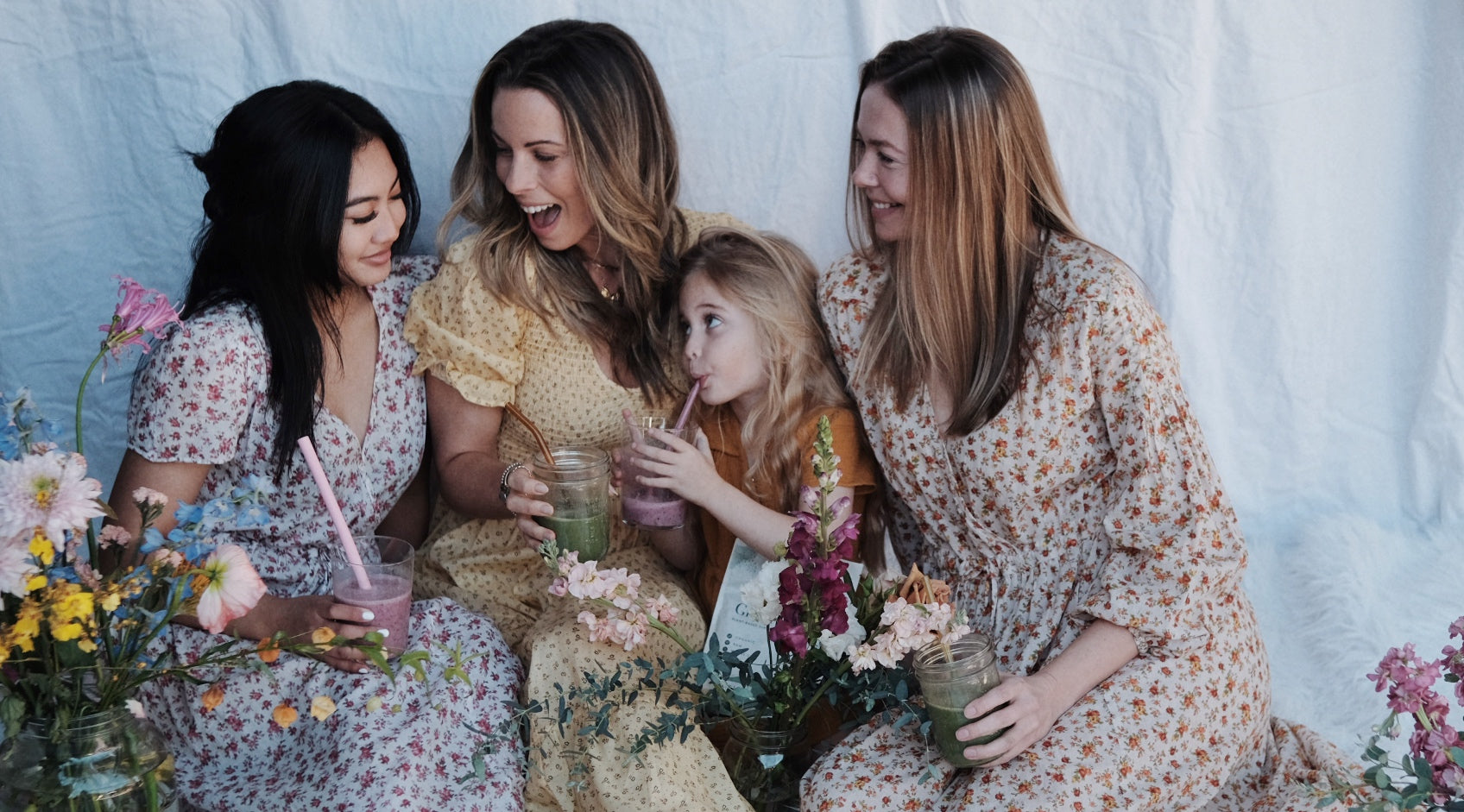Generally this is the way my conversations pan out:
Person:"So what do you eat? are you a vegan?"
ME: "well, I am mostly vegan but I eat fish."
Person: "Wait, whaaattt??"
ME: "I avoid dairy and don't eat any food that walks around on land. I eat anything that comes from the sea, including fish."
Person: "But, aren't you raw?"
ME: "I mostly eat raw. I gravitate mostly towards raw, fresh, organic foods. But if I'm at restaurant with family or friends or on vacation, I'll eat cooked foods like a piece of baked fish or steamed veggies."
Person: "I've figured it out. You're a vegetarian, then."
ME: "No. I don't eat dairy, and vegetarians do. Plus I eat fish, and vegetarians tend not to eat fish."
Person: "OHHHH I Get it. You're a flexitarian!"
ME: "Sure. I'm whatever makes it easiest for you."
Are you 100% raw?
No, I am not completely raw. I consume a high percentage of raw food, probably somewhere between 75-85%. I will eat steamed veggies, quinoa, brown rice or a piece of sprouted toast with almond butter. If I go out to eat with friends I will have a piece of broiled or steamed fish with veggies and I have quite the sweet tooth. I’ve been known to polish off a fair amount of dessert, but I’ve learned to limit this over time because it just doesn’t make me feel good. Within an hour of eating the sugary dessert I remember why I don’t eat that way every day. I usually share a dessert and then I feel fine, I’m all for moderation of things we enjoy, not restricting.
Are you a vegan?
I probably eat fish once a week, so I’m not a vegan. I’m careful to research the latest eco-friendly and safe options for fish so that I don’t support any sort of negative treatment. It isn't necessarily an ethical decision, overall I don't like the taste of meat or the health negatives associated, like high cholesterol and high saturated fats.
When I moved to Los Angeles 7 years ago, I became much more aware of my likes and dislikes, and much more educated about the environmental impact created by eating meat. There is ample evidence in peer-reviewed scientific journals that mammals experience "not just pain, but also mental suffering including fear, anticipation, foreboding, anxiety, stress, terror and trauma," says Prof Andrew Linzey, director of the Oxford Centre for Animal Ethics and author of Why Animal Suffering Matters. I would go to the farmers Market in Hollywood every Sunday and talk to people in the community and learn. I decided that within myself, I prefer not to potentially bring that emotional poison into my own being, but I absolutely don't judge others that do. I've known since I was a child that I have an extreme sensitivity towards others and energies, and I may just be hyper sensitive to these feelings about animals as well.
I wear leather boots and have a beautiful leather bag, both from a trip to Argentina. My husband's cousins own a leather company there. I consume raw honey and bee pollen. I make sure all the honey and bee pollen is from a good source where the bees are treated carefully, from local bee farmers. They never transport the bees to pollinate commercial corps, and they embrace traditional, local in-season-only, low stress beekeeping methods that help keep the bees healthy.
Vegan/Vegetarian/Pescatarian/Raw-Pick one!!!!
People enjoy categorizing. In fact, many a psychological study indicate our brain naturally desires to put things into categories, to organize things and find relationships between new objects and those already stored in our brain.
Unfortunately, I don't have an easy answer for you. This hasn't been a quick and easy process for me. It takes intuition and learning about your own body and how it reacts to different things. My journey has 100% been about how things make me feel. Dairy makes my stomach hurt, no more of that. Meat doesn't taste good, and has repercussions if we eat too much; no bueno. Raw food makes me feel AH-MAZING... so I tend to eat as much of it as I can. Too much processed or cooked food makes me want to take a nap and not feel alive: NAH, I'll drop that from my eating regime. We must learn to listen to our internal mechanisms. Just as women "know" when they are pregnant before seeing a physician, no doctor, health coach or expert can lead you 100%. You are your own expert!
The only advice I will give is to listen to your own body, figure out what works for you and to attempt to reduce the amount of red meat you consume (for health and environmental reasons). The red meat you eat today, will absolutely affect your children's generation, either directly or indirectly. My dad's health (his cholesterol) affected me by making me scared and more aware of the health implications. This statistic makes me happy:
"More than a quarter of people say they eat less meat than they did five years ago. There is a shifting change in the diet," says Ms Gellatley.
For more info on the benefits to eating organic, local food and more details on eating red meat, read the follow two posts:
































Leave a comment: